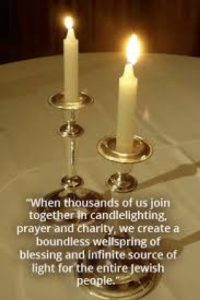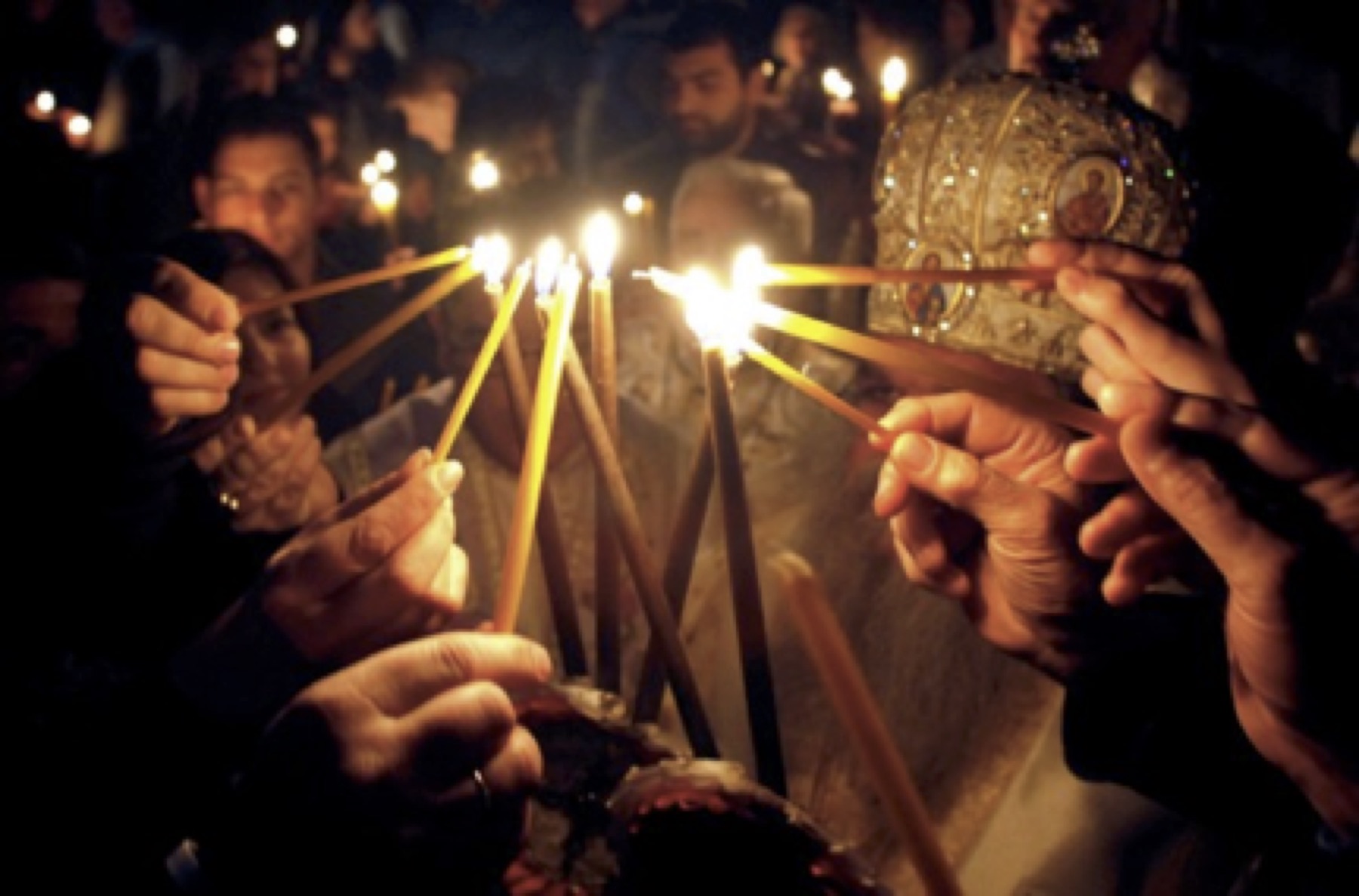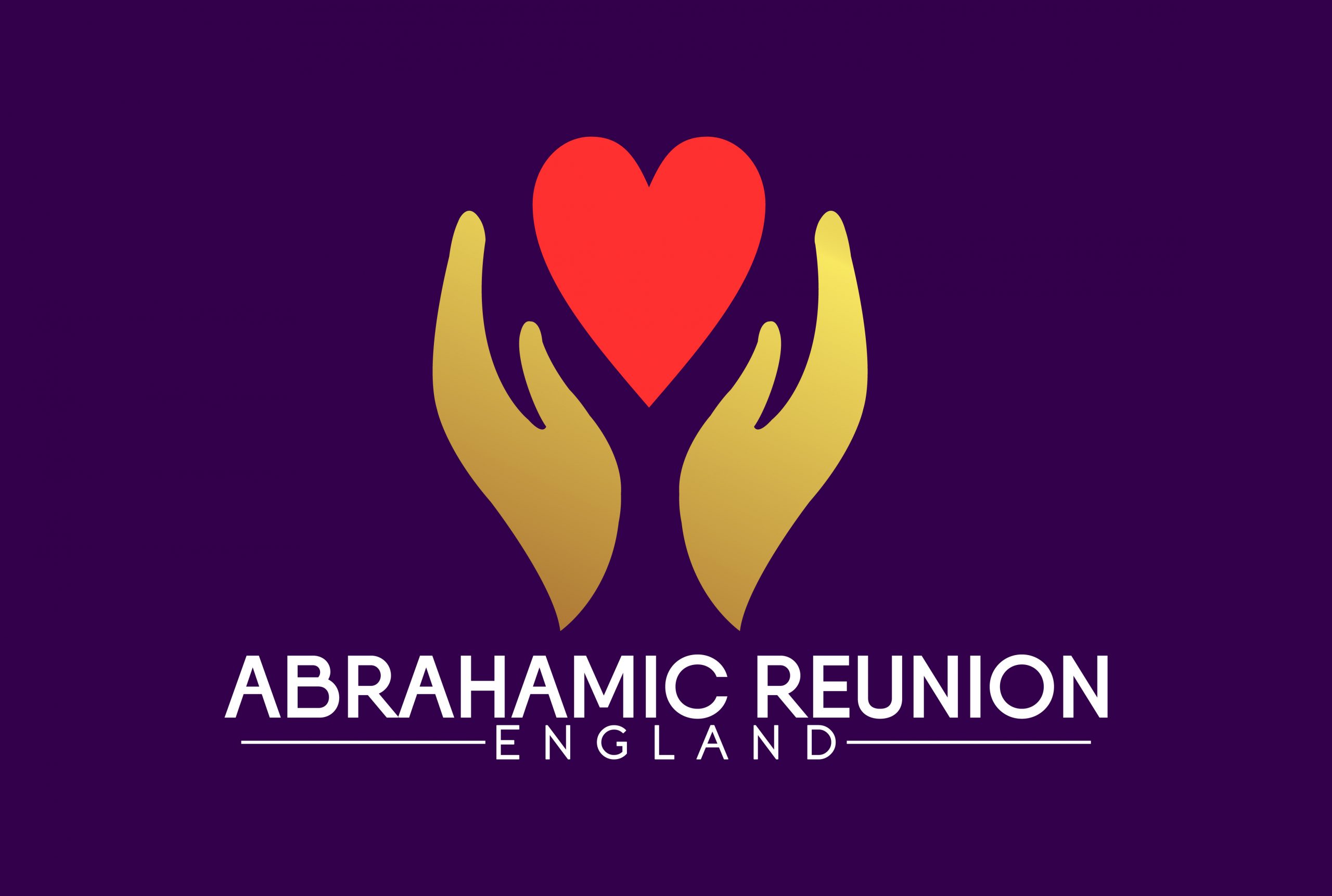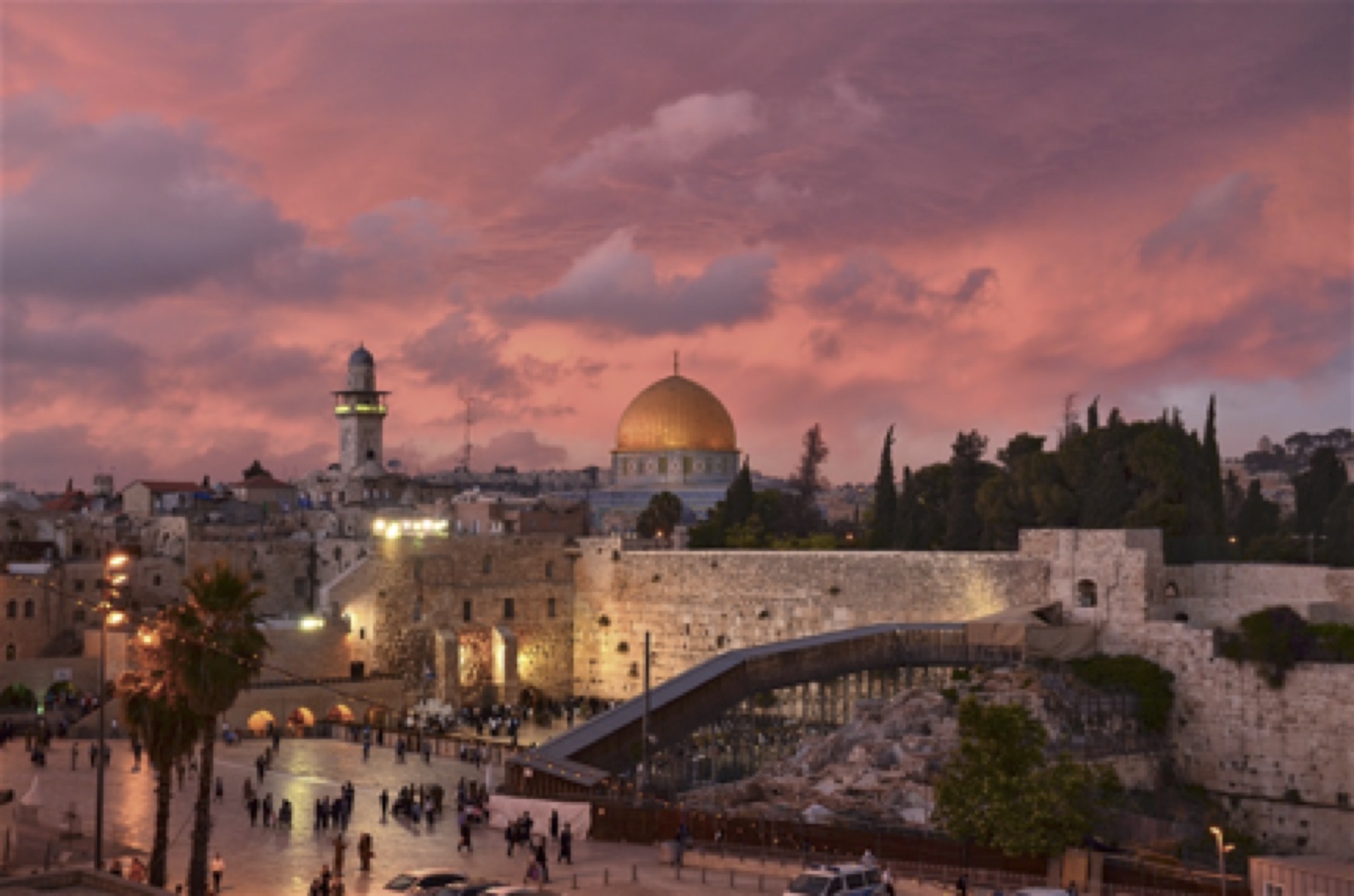Blogs through the lens of Dr. Anna Less, Co-Founder and International Executive Director of the Abrahamic Reunion, May 14th – June 6th 2017

Memorial in Manchester for the victims of the Manchester Bombing
This is the third speaking tour to the UK that The Abrahamic Reunion’s International Executive Directors, Dr. Anna Less and Ghassan Manasra, have done on behalf of the Abrahamic Reunion. Anna’s husband David Less, another founding member and Chairman of the Board, accompanied them on part of this tour to hold a fundraiser in London for the Abrahamic Reunion, before leaving for Germany, where he met with the Abrahamic Reunion’s German board. While in London, Anna, Ghassan and David worked with the AR UK team, founded by the AR UK board members Amanda and Michael Kenton.
Blog London 5/22/17 After the Manchester Bombing
It is May 22 and the horrifying news comes in from Manchester.
There has been a suicide bombing at an Ariana Grande concert attended by mostly young teenage girls and their families.
Police release pictures from a security camera of Salman Abedi the 22 year old suicide bomber sauntering into the concert in his £150 Nike trainers and trendy jacket on the night of the attack. A short time later Abedi killed 22 people and injured 119 when he detonated a bomb after the concert.
Isil calls on followers to rise up in ‘war’ on infidels in the West and eight men are in custody “on suspicion of offences contrary to the Terrorism Act”
A few days have passed and the terror threat has been downgraded to severe and police say the investigation is ‘making good progress’ as they appeal for more information from the public.
We stay in Shepherd’s Bush, a diverse, but predominately Muslim neighbourhood. It has many Muslim restaurants, Arabic writing on the shop signs, and a Mosque within walking distance of our apartment. It is common to see women in full niqab and men in kaftans shopping in the markets.
We talk to the Muslims we meet in our neighbourhood, and in the shops and in the restaurants and in the trains. We talk to our Muslim Uber drivers, our Muslim landlord, we talk to the Muslims foundation leaders we meet. We talk to Muslims from Somalia, Iran, Pakistan, Syria, Turkey, Uganda, and Ethiopia.
They have different theories, “Perhaps he wanted to kill himself, but he did not want to die alone”, “Perhaps someone planned it who is against Muslims” “People are under so much stress they are just crazy”
It is clear the Muslims we talk to are as baffled as we are, and even more frightened. Some of them are so afraid they do not even want to talk about it. They also do not regard themselves as safe.
We ask the ones who have teenagers what the mosques are doing to protect them and to teach them.
Ghassan admits that he was worried about going to the mosque for Jummah prayers after the attack. He doesn’t know what to expect. His history of attacks from radicals makes these events come even closer.
Is the mosque safe? Will the public attack the mosque? Could someone bomb the mosque? Will there be radicals in the mosque? Ramadan is coming the next day.
He decides not to go to our local neighbourhood mosque, but instead goes to the large Central Mosque.
The police are there. The London police carry guns now. Amanda reminds me that until recently the London police didn’t even carry guns.
When we meet up with Ghassan in a coffee shop later, we sit and talk over coffee and lemonade, and he is palpably relieved after going to the mosque. He said that when he first entered the mosque a number of the congregants were dressed as strict orthodox Salafis, which generally indicates they uphold a very fundamentalist interpretation of Islam, but after the prayers, when the Imam spoke, Ghassan came to understand that the Imam was advocating a very moderate perspective. The Imam told the congregation that they are members of the UK society and need to protect their home and their fellow countrymen and come forward if they knew anything. He explained that the people who are most damaged by these types of acts are the Muslim community itself and he prepared them to enter the sacred month of Ramadan, which is a time of deep inner reflection for all Muslims.
After we talk we prepare to enter the train for our next meeting. It is rush hour and I realize I feel nervous about getting on the train, there is no security or metal scanners, features that I have come to expect in public places in much of the world, and as we squeeze on board our bodies are pressed against our fellow passengers. My heart begins to pound as I anxiously scan people with backpacks and look into the faces of young men, as the train carrying thousands of passengers zooms beneath metropolitan London, I wonder why choose a venue with young teenage girls as a target. Why? I close my eyes and pray for those children and their families and I remember words of the Sura al Fatiha and send it out as a prayer to all.
SURAH AL-FATIHA
In the name of Allah, Most Gracious, Most Merciful.
Praise be to Allah, the Cherisher and Sustainer of the worlds;
Most Gracious, Most Merciful;
Master of the Day of Judgment.
Thee do we worship, and Thine aid we seek.
Show us the straight way,
The way of those on whom Thou hast bestowed Thy Grace, those whose (portion) is not wrath, and who go not astray.

Saffie Rose Roussos, eight years old, was the youngest of 22 people killed in the Manchester bomb attack
AR 2017 UK Peace Tour Blog #4: Multi-faith Contemplations of the Elements with Rabbi Mordechai Zeller (pt.1)

Photo Credits: https://www.thejc.com/community/community-news/chaplain-is-a-big-noise-in-cambridge-1.53662
London 23/6/17 with Rabbi Zeller
AR 2017 UK Peace Tour Blog #4: Multi-faith Contemplations of the Elements with Rabbi Mordechai Zeller (pt.1)
London 6/23/17 with Rabbi Zeller
Rabbi Zeller, Shahabuddin, Ghassan and I talk about what Jewish tradition regards as the Four Holy Cities in the Holy Land.
I had heard that Jerusalem was regarded by the Kabbalists as the city associated with the fire element, and the city of Safed (Tz’fat) was associated with the air element, and that Hebron was associated with the Earth Element, but I did not know what city was associated with the water element, so I asked Rabbi Zeller.
He shared that it was Tiberius.
We shared that in India there is a belief that associates certain cities with certain elements, and the chakras, and we wondered if this same microcosmic macrocosmic model exists within Judaism.
We spent the rest of the day talking about these four cities, the elements they represent, and why these four cities represent these particular elements.
We filmed our dialogue and that film will be available on the Abrahamic Reunion website soon. The next blogs will contain the highlights from our discussion.
Jerusalem and the Fire Element, with Rabbi Zeller, Dr. Anna Less, David Less, and Sheikh Ghassan Manasra
Rabbi Zeller explained that Jerusalem has been the holiest city in Judaism and the spiritual center of the Jewish people since the 10th century BC when that site was chosen by King David to be the location of the Holy Temple. However, interestingly, King David was forbidden from building the temple himself because according to the Bible God said,
‘You are not to build a house for my Name, because you are a warrior and have shed blood.’
Rabbi Zeller explains that it was King David’s son, King Solomon who built the first temple. And we collectively speculate that perhaps Jerusalem was associated with the fire element because of the fire element because of the fire sacrifices that were made at the temple.
 We have a further discussion about the characteristics of the Fire element and Rabbi Zeller shares that the fire element has a unique quality that allows it to be shared without diminishing itself.
We have a further discussion about the characteristics of the Fire element and Rabbi Zeller shares that the fire element has a unique quality that allows it to be shared without diminishing itself.
He demonstrates with cup of water and shows us how if we try to share a cup of water, we are only left with a few drops in our cup, but he goes on to say “if we try to share the light from a candle, we can light another candle without ever diminishing our own light.” He thinks this has great metaphysical significance and quotes the prophet Isaiah in Hebrew, and then translates, Jerusalem is supposed, “be a light to all nations.” We all share a moment of “enlightenment” as he describes how the Jews tried to express this metaphysical concept in the structure of the ancient temple in Jerusalem and explained that rather than allowing light to come in through the windows, the ancient temple had special windows designed so that the light would shine out from within the temple.
Ghassan recites the following verse from the Quran.
 Allah is the Light of the heavens and the earth.
Allah is the Light of the heavens and the earth.
The example of His light is like a niche within which is a lamp,
The lamp is within glass, the glass as if it were a pearly [white] star, Lit from the oil of a blessed olive tree,
Neither of the east nor of the west,
Whose oil would almost glow even if untouched by fire.
Light upon light.
Allah guides to His light whom He wills.
And Allah presents examples for the people,
and Allah is Knowing of all things.
We each described what we knew about the characteristics of the fire element and Shahabudidn and I shared that we had visited temples in India where the same fire had been kept burning for thousands of years.


